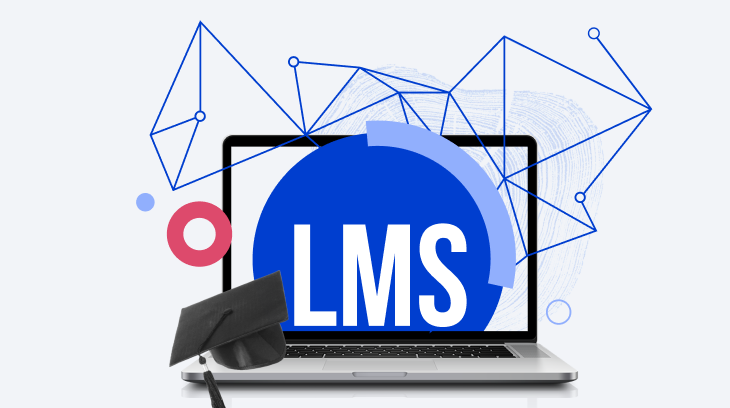As the world of business and industry continues to evolve, organisations need to keep their employees up-to-date with the latest skills, knowledge, and technologies. This is where a Learning Management Software System (LMS) comes in. An LMS software application can help organisations deliver, manage, and track their training programs. This article will explore how a suitable LMS can empower your organisation and help you achieve your business goals.
What is an LMS?
An online Learning Management Software application allows organisations to deliver, manage, and track their training programs. An LMS typically includes course creation and delivery, progress tracking, and reporting. With an LMS, organisations can provide employees access to training materials, assessments, and other resources from anywhere and anytime.
Why Use an LMS?
There are many reasons why an organisation might choose to use an LMS.
-
It can help organisations deliver training programs more efficiently and cost-effectively. By providing training online, organisations can save time and money on travel, classroom rental, and other expenses associated with traditional training methods. Additionally, an LMS can help organisations ensure that their employees receive consistent and high-quality training, regardless of location.
-
Learning Management Software (LMS) can help organisations track the progress and performance of their employees. With an LMS, organisations can monitor who has completed what courses, assess their knowledge and skills, and identify areas where additional training may be needed. This can help organisations better understand the strengths and weaknesses of their workforce and make informed decisions about training and development.
-
An LMS can help organisations stay compliant with industry regulations and standards. Many industries require employees to undergo regular training and certification to ensure that they are up-to-date with the latest regulations and best practices. An LMS can help organisations manage these requirements and ensure their employees are properly trained and certified.
Choosing the Right LMS
When choosing the right LMS for your organisation, several factors must be considered. Here are some of the most important ones:
-
Features: Different LMSs offer different features and functionality. Make sure you choose an LMS with the needed features, such as course creation and delivery, progress tracking, and reporting.
-
Ease of use: An LMS should be easy for administrators and learners to use. Look for an LMS with a user-friendly interface and intuitive navigation.
-
Compatibility: Make sure the LMS you choose is compatible with your existing systems and software. This will ensure smooth integration and minimise disruption to your operations.
-
Scalability: Consider whether the LMS can grow and adapt to your organisation. As your training needs change and your workforce expands, you may need an LMS to accommodate these changes.
-
Support: Look for an LMS that offers reliable and responsive customer support. You want to get help quickly if you encounter any issues or have questions.
By considering these factors, you can choose an LMS that meets your organisation’s specific needs and helps you achieve your training and development goals.
Benefits of Using an LMS
Implementing an LMS can bring a wide range of benefits to your organisation. Here are some of the most important ones:
-
Cost savings: By delivering training online, you can save money on travel, classroom rental, and other expenses associated with traditional training methods.
-
Time savings: Online training can be completed anytime and anywhere, allowing employees to complete the training without taking time away from work.
-
Consistency: With an LMS, you can ensure that all employees receive consistent and high-quality training, regardless of location or who delivers the training.
-
Flexibility: An LMS allows employees to complete training at their own pace and on their schedule, which can be especially beneficial for remote or busy employees.
-
Improved performance: An LMS can help identify areas where additional training may be needed by tracking employee progress and performance. This can lead to improved performance and productivity across the organisation.
-
Compliance: An LMS can help organisations comply with industry regulations and standards by ensuring that employees receive regular training and certification.
-
Access to data: With an LMS, organisations can access data and analytics about their training programs, which can help them identify trends, evaluate the effectiveness of their programs, and make data-driven decisions about training and development.
-
Increased engagement: Online training can be more engaging and interactive than traditional training methods, leading to increased learner engagement and retention.
Conclusion
Organisations must provide their employees with up-to-date skills and knowledge to stay competitive in today’s fast-paced business world. An LMS can help organisations deliver, manage, and track their training programs more efficiently and cost-effectively. Organisations can empower their employees, improve performance, and achieve their business goals by choosing the right learning management software platform and implementing it effectively.
If you are looking for learning management software packages that suit your requirements, rely on only experienced learning management software companies.



